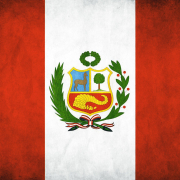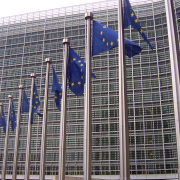Austrian lawmakers on Tuesday approved a total ban on glyphosate , putting the country on track to becoming the first EU member to forbid all use of the controversial herbicide.
Deputies voted in favour of a bill brought by the Social Democratic party to ban glyphosate products, suspected of causing cancer, as a “precautionary” measure.
The weedkiller has been closely connected with Roundup, a flagship product marketed worldwide by US giant Monsanto which was taken over by Germany’s Bayer in 2018.
Under fire for the takeover, the German company has vowed more “transparency” during the process of renewing the licence of glyphosate in the European Union.
Glyphosate is classified as “probably carcinogenic” by the World Health Organisation (WHO), but the EU in December 2017 renewed the weedkiller’s licence across Europe for five years.
Roundup has been the subject of three costly judgements in California in recent months and is now the subject of more than 13,000 claims in the United States.
Among Austria’s EU partners, France said in 2017 it hoped to ban glyphosate within three years, but President Emmanuel Macron has since said such a move could not be “100 percent”.
Critics of the Austrian parliament’s decision say that it might be illegal under EU law for individual members to ban substances that have been approved for use by the union as a whole.
After two years of fierce debate, EU member states decided in late 2017 to renew the glyphosate licence for five years.
The EU’s executive body, the European Commission, pointed to the approval of glyphosate by its two scientific agencies, the European Food Safety Authority (EFSA) and the European Chemicals Agency, which do not classify the substance as carcinogenic.
In May 2018, the French government pledged to ban glyphosate “for its main uses” by 2021, and “for all of its uses” within five years.
In January 2019, French authorities banned the sale of Roundup Pro 360.
The Austrian vote was made possible by the fall of a conservative government in May that left a void pending anticipated elections in September.
An ad-hoc grouping of social democrats, the far-right FPOe, ecologists and liberals managed to pass the bill during the last week of the country’s truncated legislative session.




